According to Phu Tho General Hospital, facial nerve palsy can occur in all subjects, regardless of gender or age. The main symptoms of the disease are hemifacial paralysis and crooked mouth.
This disease is not life-threatening but can cause serious effects and leave sequelae if not treated properly.
The 7th peripheral nerve is responsible for controlling the facial muscles, helping us express emotions, chew, speak, etc. When the 7th peripheral nerve is paralyzed, the patient will have difficulty controlling the facial muscles, which can cause serious problems with speaking, eating, and confidence in daily communication.
Symptoms of facial nerve palsy
The symptoms of facial nerve palsy are quite clear, the symptoms occur suddenly with signs such as:
- Face is sagging, unusually stiff, mouth is crooked to one side, water spills out when drinking.
- Paralysis of the orbicularis oculi muscle causes the eye on the paralyzed side of the face to not close completely.
- Some cases feel sudden paralysis, weakness on one side of the face.
- The patient has difficulty moving, laughing, talking, pain in the ear, and headache.
- Loss of taste, tears, increased saliva in the mouth when talking or eating.
The cause of night bathing can cause paralysis of the 7th cranial nerve
One of the main causes of facial nerve palsy is sudden exposure to cold. At night, the temperature drops, creating a temperature difference between the body and the surrounding environment.
Bathing at night, bathing late at night, or going straight into an air-conditioned room after bathing can cause the body to suddenly become cold, causing the risk of paralysis of the 7th cranial nerve.
In addition, when the bath water temperature is not suitable for the body temperature, the body will self-adjust by constricting or dilating blood vessels to adapt. This can lead to the risk of stroke due to cerebral infarction or sudden coronary spasm occurring more quickly. Mild cases can cause paralysis of the 7th cranial nerve, neck and shoulder pain or dizziness and falls. Severe cases can cause stroke and death while bathing.
In addition, after bathing, the body temperature has already decreased, if you continue to stay under the fan or air conditioner, it will negatively affect the body's blood circulation. The consequence is that blood flows to the brain slowly, affecting the heart rate and blood pressure. People with weak health and resistance are susceptible to stroke if they lie in air conditioning after bathing.
Therefore, everyone should form the habit of bathing early, especially on hot days, when the body is easily tired and has reduced resistance. The best time to bathe is in the morning or evening before 8pm, and absolutely should not bathe after 11pm.
From 7pm onwards, if you have to wash your hair, use warm water and dry your hair thoroughly before going to bed. In particular, avoid pouring water on your body or head suddenly, which can cause your body to lose heat suddenly.
In addition to the recommendation not to bathe at night, people need to pay attention to some times when they should not bathe such as: when the body has a fever, after a full meal, after drinking alcohol, when just coming back from the sun, when blood pressure drops, after strenuous exercise...
Peripheral facial nerve palsy can cause inconvenience and seriously affect daily life. Therefore, take precautions and follow the principles when bathing to protect your health.
According to daibieunhandan.vn
Source link


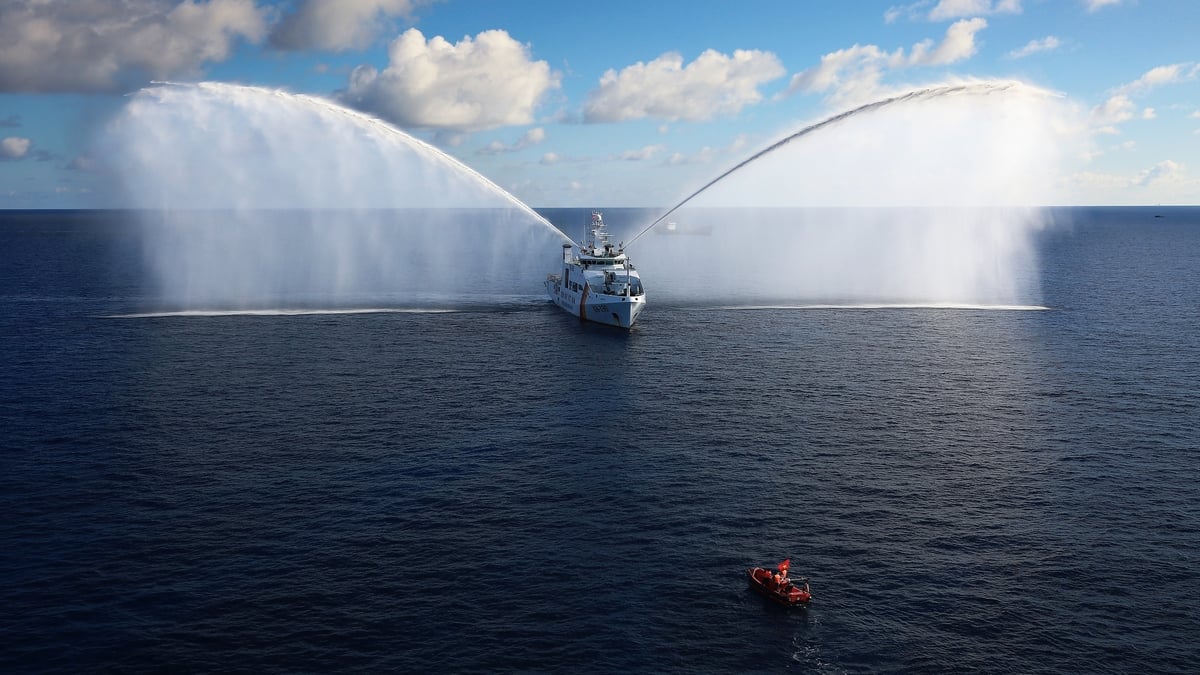


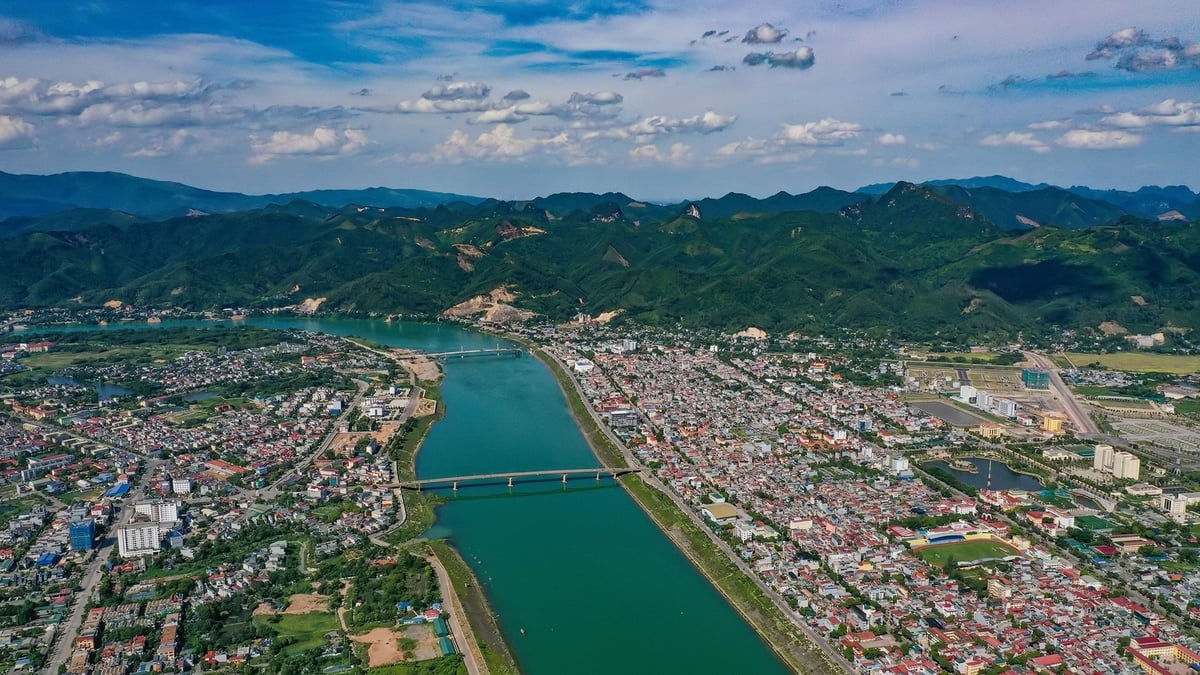

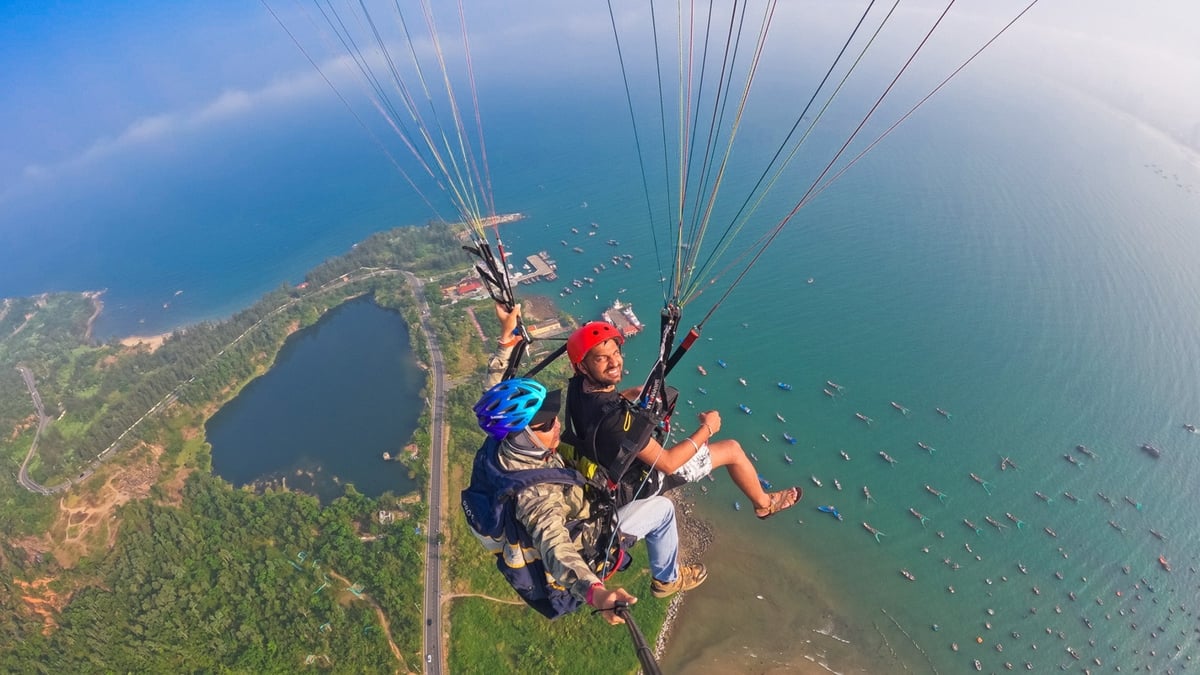


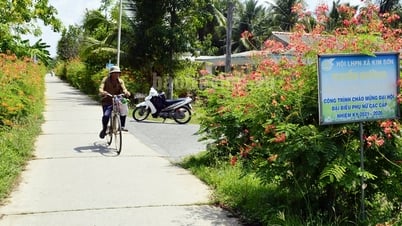



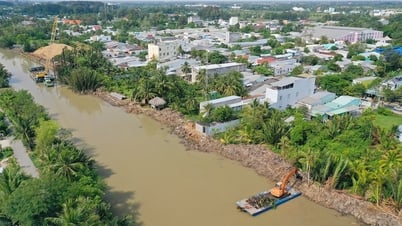




















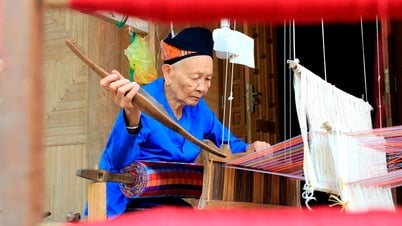





























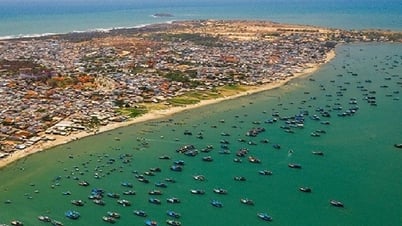































Comment (0)